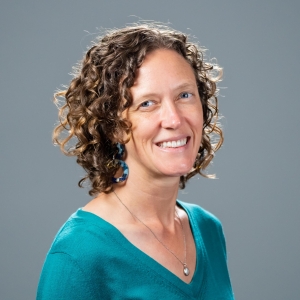Amy Pickering
200E Blum Hall West

Amy Pickering is the Blum Center Distinguished Chair in Global Poverty and Practice, jointly appointed in the Department of Civil and Environmental Engineering and the Blum Center for Developing Economies. Pickering’s research focuses on using tools from multiple disciplines (engineering, economics, microbiology, epidemiology) to identify low-cost and scalable interventions to interrupt disease transmission in low-income countries. She has 15 years of experience collaborating with partners in Benin, Kenya, Tanzania, Mali, Mexico, Sri Lanka, Bangladesh, and India on research to improve human health and well-being.
Ph.D., Interdisciplinary Program in Environment and Resources, Stanford University, 2011
M.S., Environmental Engineering, University of California, Berkeley, 2004
B.S., Biological and Environmental Engineering, Cornell University, 2003
Pickering’s research focuses on using tools from epidemiology, genomics, and engineering to understand enteric disease transmission pathways among households in low-income settings and to develop effective, equitable, and scalable interventions to interrupt them. Here are a few of the projects Pickering’s lab is currently working on below:
- Environmental Surveillance - Pickering’s lab group uses environmental sampling (surfaces, sewage, soil) to monitor trends in infectious diseases in communities. Examples include soil surveillance for identifying communities with intestinal worm infections and high-touch surfaces for monitoring COVID-19 case trends.
- Design, evaluate, and scale wash technologies - Leveraging human-centered design to co-create water, sanitation, and hygiene technologies with community partners is a focus in the lab. Examples include passive chlorination to increase access to safe drinking water and frugal foaming soap dispensers. Pickering’s research team focuses on technologies that avoid burdening target users.
- Infectious disease at the human-environment interface - Pickering’s lab group exploits long-read metagenomics and other molecular tools to track transmission of pathogens and antibiotic resistance (mobile elements, resistant bacterial strains) across humans, animals, and the environment.
Spotlights
No mentions in Spotlights
Student Updates
No mentions in Student Updates


